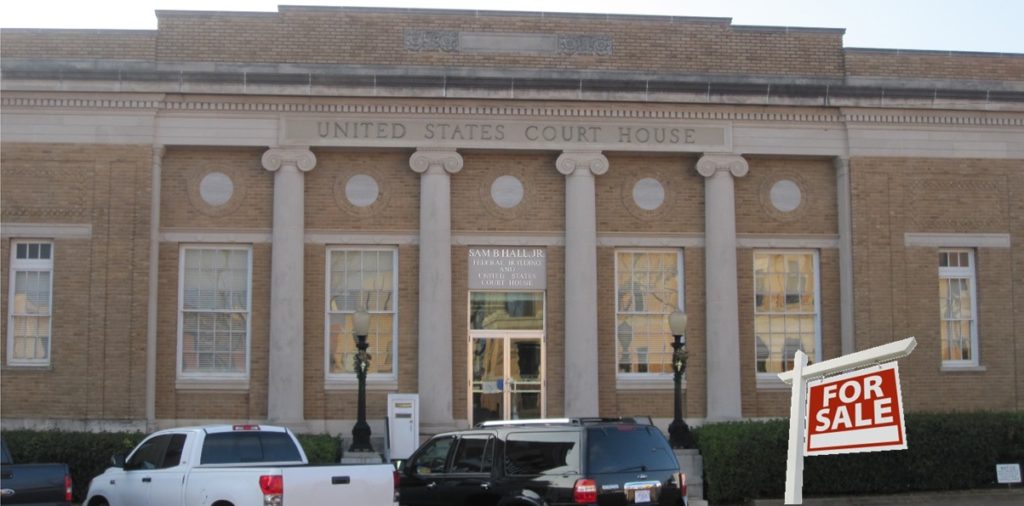In TC Heartland LLC v. Kraft Foods Group Brands LLC, [16–341] (May 22, 2017), the Supreme Court reversed the Federal Circuit and held that for purposes of the patent venue statute (28 U.S.C. 1400(b)), a corporation only resides where it is incorporated.
The Supreme Court looked back to its to its 1957 decision in Fourco Glass Co. v. Transmirra Products Corp., 353 U.S. 222, 226 (1957), where it concluded that for purposes of §1400(b) a domestic corporation “resides” only in its State of incorporation. At the time, the Supreme Court rejected the argument that the broader definition of corporate “residence” in the general venue statute (28 U. S. C. §1391(c)) applied.
The Court noted that §1400(b) has not been amended since Fourco, although §1391(c) has been amended. While one amendment stated that §1391(c) applies “for all venue purposes,” another amendment qualified “[e]xcept as otherwise provided by law.” The Supreme Court concluded that the amendments to §1391 did not modify the meaning of §1400(b) as interpreted by Fourco, and held that a domestic corporation “resides” only inits State of incorporation for purposes of the patent venue statute.
This will certainly impact patent litigation in the Eastern District of Texas, because most patent defendants are not incorporated in Texas, and many do not have a “regular and established place of business” there.
This is probably a good thing. It has been estimated that at much as 40% of patent cases are filed in the Eastern District of Texas, and that is not healthy for the patent system. It is probably not a good thing for Marshall, Texas, which has enjoyed a patent litigation bonanza for many years.

